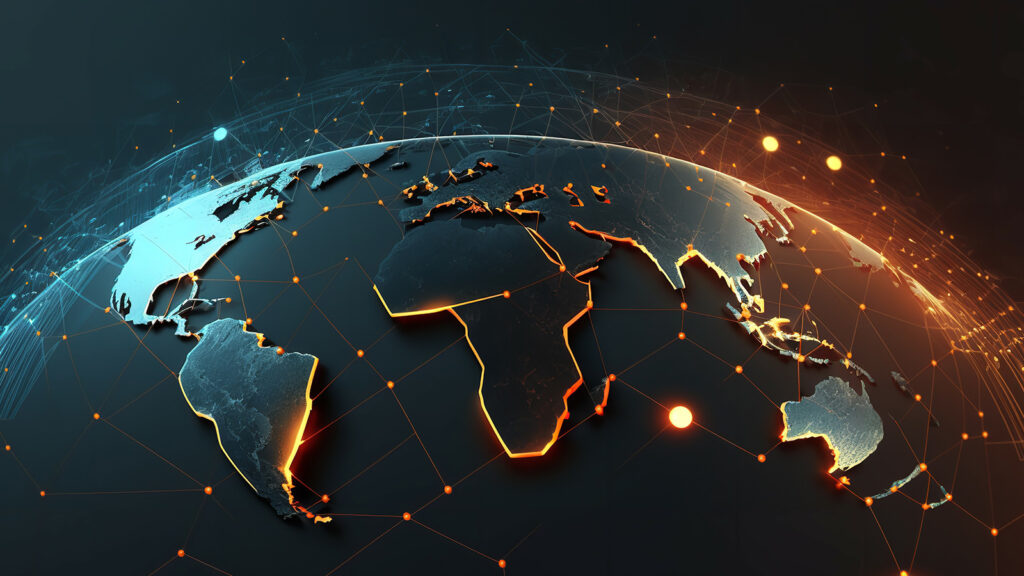
In an era where borders seem increasingly porous to ideas, products, and culture, a pressing question arises: Is globalization making the world more uniform? This question invites us to explore the nuanced impacts of globalization on global diversity and individuality.
Globalization has facilitated unprecedented levels of interaction among cultures, economies, and people. It has led to the widespread dissemination of ideas, fashion, food, and technology, creating a more interconnected world. This phenomenon has enabled people across the globe to access and enjoy cultural experiences and products that were previously beyond their reach, suggesting a movement towards a more homogeneous global culture.
Critics of globalization argue that this trend is diluting local cultures and traditions, leading to a loss of diversity and the emergence of a monolithic global culture dominated by Western values. They fear that the unique characteristics that define places and peoples are at risk of being overshadowed by a uniform global culture.
However, proponents believe that globalization fosters a greater understanding and appreciation of cultural differences, leading to a dynamic interplay of global and local influences rather than a bland uniformity. They argue that globalization allows for the fusion of cultures, giving rise to new and innovative expressions of identity.
The debate over whether globalization is making the world more uniform underscores a complex reality: while globalization promotes interconnectedness and shared experiences, it also poses challenges to cultural preservation and diversity. As the world navigates the effects of globalization, the balance between embracing global trends and cherishing local traditions remains a pivotal concern.




































Leave a Reply